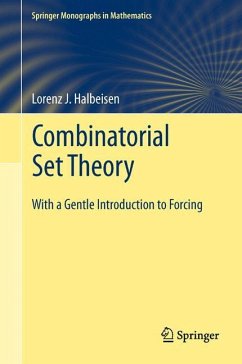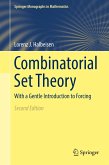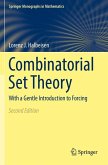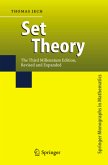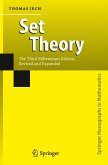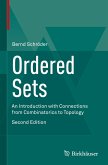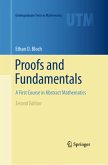This book provides a self-contained introduction to modern set theory and also opens up some more advanced areas of current research in this field. The first part offers an overview of classical set theory wherein the focus lies on the axiom of choice and Ramsey theory. In the second part, the sophisticated technique of forcing, originally developed by Paul Cohen, is explained in great detail. With this technique, one can show that certain statements, like the continuum hypothesis, are neither provable nor disprovable from the axioms of set theory. In the last part, some topics of classical set theory are revisited and further developed in the light of forcing. The notes at the end of each chapter put the results in a historical context, and the numerous related results and the extensive list of references lead the reader to the frontier of research. This book will appeal to all mathematicians interested in the foundations of mathematics, but will be of particular use to graduates in this field.
From the reviews: "This book provides a self-contained introduction to axiomatic set theory with main focus on infinitary combinatorics and the forcing technique. It is intended as a textbook in courses as well as for self-study. ... The author gives the historical background and the sources of the main results in the Notes of each chapter. He also gives hints for further studies in his sections 'Related results'." (Martin Weese, Zentralblatt MATH, Vol. 1237, 2012)
"Each chapter ends with Notes that often add historical information, offer further remarks on the chapter's contents ... . Halbheisen's Combinatorial Set Theory is an excellent source for the intermediate or advanced student of set theory ... Because of its wealth of material, it should also serve as an excellent resource for those designing advanced courses or searching for seminar assignments for students." (J. M. Plotkin, zbMATH 06755662, 2018)
